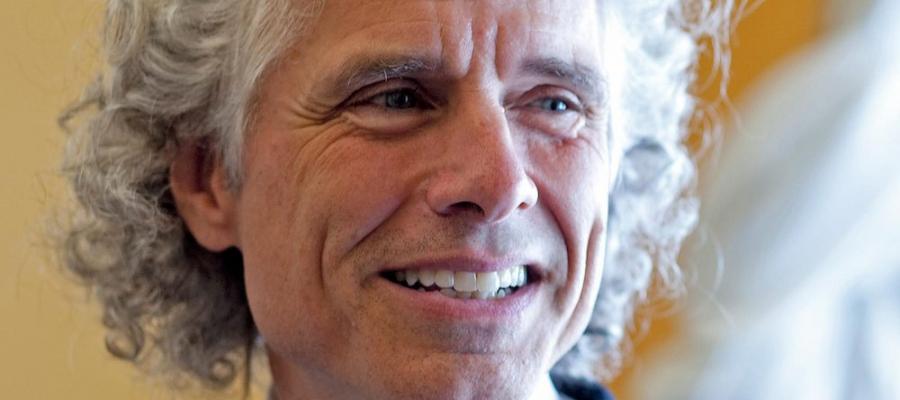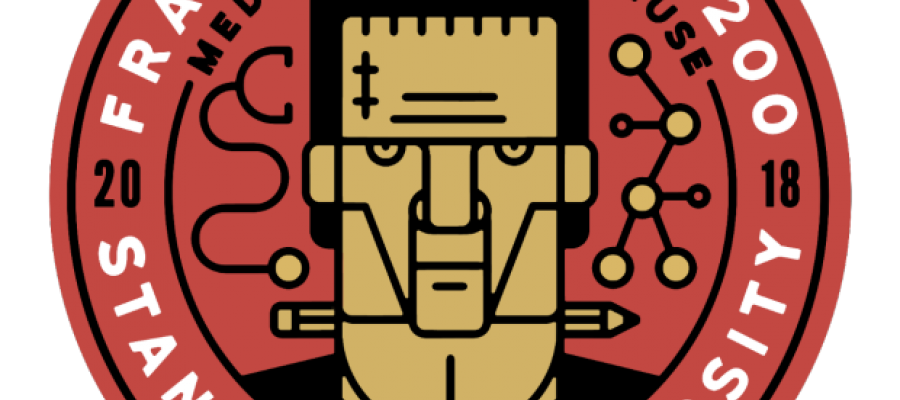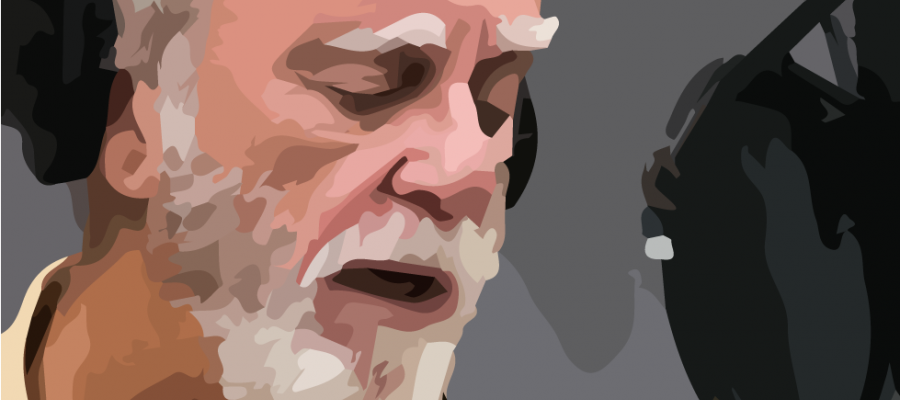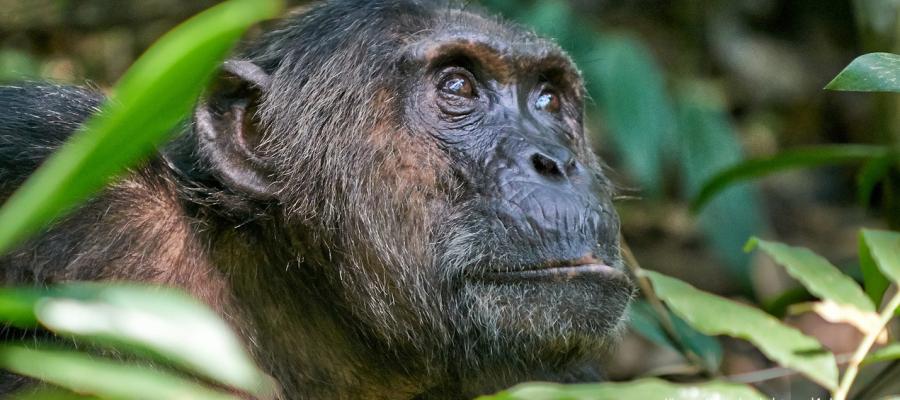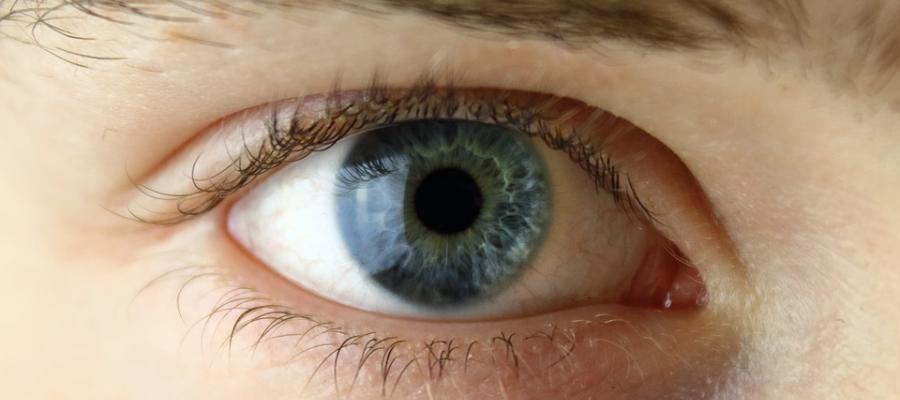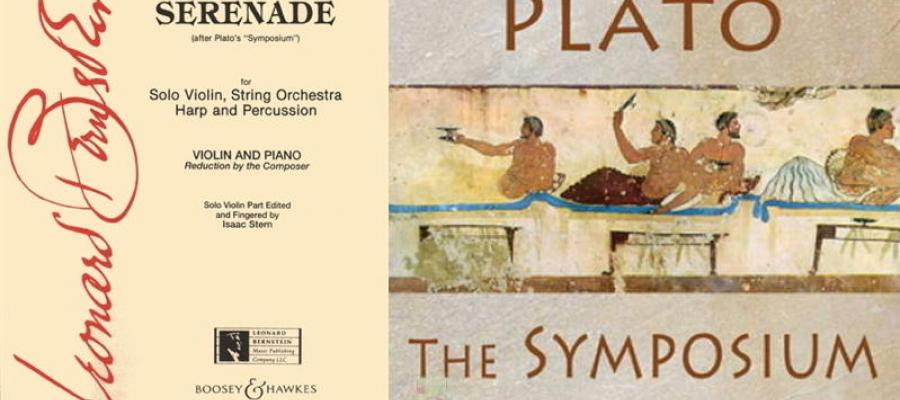Crisis and Creativity in Mayan Mythology
20
Nov 2024
The Popol Vuh, written in 1702, was based on a Mayan oral tradition encompassing creation myths, history, and cosmology. These stories were written in a time of crisis: European colonialism had decimated the Mayan population and destroyed much of their cultural knowledge. How do stories help a society survive and thrive? Can they console us in times of crisis? How much of a culture can historians save in times of devastation?
Read moreWhat's So Special About Humans? with Peter Godfrey-Smith
13
Nov 2024
Human beings share the planet with many different organisms with vastly diverse ways of life. We like to think we're a higher form of intelligence. But are we really that unique? How different are we as a species when it comes to language, thought, and culture? Where does our specifically human form of consciousness come from? And if other animals are so similar to us, should we stop eating them?
Read moreHow to Do Things With Your Mind
25
Jul 2024
We all engage in mental actions of various kinds, whether it’s planning the coming week, trying to remember the lyrics of a song, or imagining what we’d look like with a different haircut. These thought processes have significance for us and help us direct our other actions. But are we really in control of our trains of thought or do they just pop into consciousness? Does it make sense to criticize others for what goes on inside their heads? And is there anything we can do to improve the quality of our thinking?
Read moreShakespeare's Outsiders with David Sterling Brown
08
Mar 2024
Over 400 years after his death, Shakespeare is still widely regarded as the greatest dramatist of all time. His many plays tackle questions about power, influence, identity, and moral and social status. His characters—be they villains or heroes—are often disdained because of their race, religion, class, disability, or gender. So what do Shakespeare’s plays reveal about identity and status in his time? How might they shed light on who we include and who we exclude today?
Read moreMind Sharing with Julian Jara-Ettinger
15
Feb 2024
Mind reading might sound like the stuff of science fiction. But in philosophy and psychology, mind reading is something that human beings do whenever we try to guess what another person is thinking. Could it be that people are also natural born mind sharers, unconsciously shaping our behavior to be understood by others? How do we change or exaggerate our actions when others are present? And how can we use these insights to communicate better with our loved ones?
Read moreQuiz Night and 20th Anniversary Bash
10
Nov 2023
To celebrate our two decades on the air, we're having a party at KALW's new community space in downtown San Francisco. There will be drinks, snacks, a philosophical pub quiz... and some surprises!
Read moreCan Art Save Us? with Harriet Hawkins
04
May 2023
Join our live audience at the Stanford Humanities Center as Josh and Ray record a brand-new episode with their special guest, Harriet Hawkins, founding Co-Director of the Centre for GeoHumanities at Royal Holloway, University of London.
Read moreThe Philosophy of Smell with Asifa Majid
09
Mar 2023
What can our sense of smell tell us about perception, thought, and language? Josh and Ray sniff out the details with experimental psychologist and olfaction expert Asifa Majid from the University of Oxford.
Read moreThe Changing Face of Antisemitism LIVE with Francesca Trivellato
20
May 2022
Antisemitism is an old problem with roots that reach back to medieval Europe. While earlier forms focused more on religious bigotry, antisemitism became increasingly racialized and politicized in the modern period. So what is the connection between older ideas about Jews and Judaism, and contemporary antisemitic tropes and stereotypes? How are fears about Jewish invisibility and global control related to the emergence of finance capitalism? And what can history teach us about how to confront antisemitism today?
Read moreSanctuary Cities: LIVE with Guest Shelley Wilcox
14
Oct 2019
In the U.S. there are over 500 sanctuary cities—municipalities that limit their cooperation with the federal government’s immigration law enforcement. Although opponents portray sanctuary cities as besieged by crime, empirical data does not support such claims. But what actually justifies sanctuary policies in the first place? Do appeals to public health or safety warrant these measures?
Read moreThe Doomsday Doctrine: Live with Guest Daniel Ellsberg
30
May 2019
The doctrine of mutually assured destruction is supposed to deter both sides in a war from launching the first nuclear strike. However, the strategy of the US, NATO, and other super powers has been to plan the destruction of nearly all life on Earth. Can there be any moral justification for plausibly threatening a nuclear holocaust? And now that we’ve gotten ourselves in this situation, is there any realistic and ethical way out? Join our live audience at Stanford to record a new episode of Philosophy Talk with writer, activist, and whistleblower Daniel Ellsberg!
Read moreAuthority and Resistance: LIVE with James Martel
17
Feb 2019
Authority can refer to people or institutions that have the political power to make decisions, give orders, and enforce rules. It can also refer to a certain kind of expertise or knowledge that we might defer to. Sometimes we respect authority, and sometimes we resist it or even revolt against it. But where exactly does authority come from, and when, if ever, ought we defer to it? Join our live audience at The Marsh in San Francisco to record a new episode of Philosophy Talk with political scientist James Martel!
Read moreNeuro-Engineering: Beyond the Five Senses? LIVE with David Eagleman
17
Feb 2019
Humans evolved to have a variety of senses—smell, sight, touch, etc.—that provide information about the world around us. Our brains use this sensory information to construct a particular picture of reality. But what if it were technologically possible to hack our brains and create new senses for humans, such as echolocation or magnetoception? How would our brains integrate this new kind of information? And how would these novel senses change our view of reality? Join our live audience at The Marsh in San Francisco to record a new episode of Philosophy Talk with neuroscientist David Eagleman!
Read moreCan Reason Save Us? – LIVE With Guest Steven Pinker
07
Sep 2018
To an optimist, things are constantly getting better: disease and extreme poverty are down; life expectancy, literacy, and equality are up; and it’s all thanks to the glory of human reason. But a pessimist would point to the continuing presence of injustice, oppression, and war, and the dangers of global warming and nuclear annihilation. So who's right? Are we really living in an age of progress? And can reason really save us? Join the live audience at Kepler's Books to record a new episode of Philosophy Talk with renowned cognitive scientist Steven Pinker!
Read moreMonstrous Technologies?— Live with Guest Persis Drell
28
Feb 2018
Experience a live taping of Philosophy Talk radio, and see how much fun thinking can beMary Shelley’s Frankenstein raises powerful questions about the responsibilities of scientists to consider the impact of their inventions on the world. Are these questions as relevant now as they were 200 years ago? What insights, if any, should today’s technologists and disrupters glean from Shelley's story? What does it mean to take responsibility for one’s scientific or technological innovations? And what role should university educators play in ensuring that no new monsters are unleashed onto the world? Join our live audience at Stanford as we record Philosophy Talk, the nationally syndicated public radio show.
Read moreThe Philosophy of Retirement: LIVE with Guest John Perry
10
Nov 2017
Join our live audience to celebrate the wit and wisdom of John Perry!Many of us look forward to retirement, that time in life when we stop working for a living. But what exactly is retirement and why do we retire? Does retirement always mean an end to work, or can it sometimes just mean a shift to a different kind of work? Should we retire for purely selfish reasons, such as to give ourselves more leisure time? Or should we retire for the public good, to give younger people greater opportunities for employment?
Read moreDriverless Cars at the Moral Crossroads: LIVE with Guest Joshua Greene
25
May 2017
Join our live audience! Autonomous vehicles are quickly emerging as the next innovation that will change society in radical ways. Champions of this new technology say that driverless cars, which are programmed to obey the law and avoid collisions, will be safer than human controlled vehicles. But how do we program these vehicles to act ethically? Should we trust computer programmers to determine the most ethical response to all possible scenarios the vehicle might encounter? And who should be held responsible for the bad − potentially lethal − decisions these cars make?
Read moreNonhuman Rights: LIVE with guest Steven Wise
18
Apr 2017
Join us for a live taping of our Nonhuman Rights show Human rights—like freedom from discrimination and slavery—are fundamental rights and freedoms that every person enjoys simply because they're human. But what about other animals, like monkeys, elephants, and dolphins? Should they enjoy similar fundamental rights? If we can extend the legal notion of personhood to inanimate, abstract objects like corporations, then shouldn’t we also extend it to other sentient creatures?
Read moreLive in San Francisco June 5
05
Jun 2016
Join us at StageWerx Theatre in San Francisco's Mission District for a brand-new pair of live recordings: The Mystery of Music with Adrian Daub and The Struggles of Democracy with Aishwary Kumar!
Read moreLive at the Marsh Berkeley January 31
31
Jan 2016
Philosophy Talk returns to the Marsh Theatre in Berkeley for a brand-new pair of live recordings: The Science of Happiness with Emiliana Simon-Thomas and Extreme Altruism with Larissa MacFarquhar!
Read moreLive at Reed College in Portland October 5
06
Oct 2015
Join us at the Eliot Hall Chapel on the campus of Reed College for a live taping of Your Lying Eyes: Perception, Memory, and Justice!
Read moreIn Praise of Love: Plato's "Symposium" Meets Bernstein's "Serenade"
04
Oct 2015
In conjunction with renowned violinist Anne Akiko Meyers' performance with the Vancouver Symphony Orchestra, Philosophy Talk will record a special program entitled "In Praise of Love: Plato's Symposium Meets Bernstein's Serenade"
Read moreThe Ethics of Whistleblowing with Edward Snowden
15
May 2015
In association with Stanford University's Symbolic Systems program, John and Ken will discuss "The Ethics of Whistleblowing in the Age of Information" with former NSA contactor Edward Snowden (live via videoconference)!
Read moreTour of Oregon April 15-17
15
Apr 2015
We are thrilled once again to be bringing Philosophy Talk to our friends in Oregon for three shows over three days: Science and Politics: Friends or Foes with Sharyn Clough, When Democracies Torture with Darius Rejali, and Neuroscience and Free Will with Daniel Dennett!
Read moreLive at Pacific University in Forest Grove, OR
18
Apr 2015
Philosophy Talk returns to Pacific University in Forest Grove for a live recording of Neuroscience and Free Will at the 19th annual Undergraduate Philosophy Conference!
Read more- 1 of 3
- Next ›




